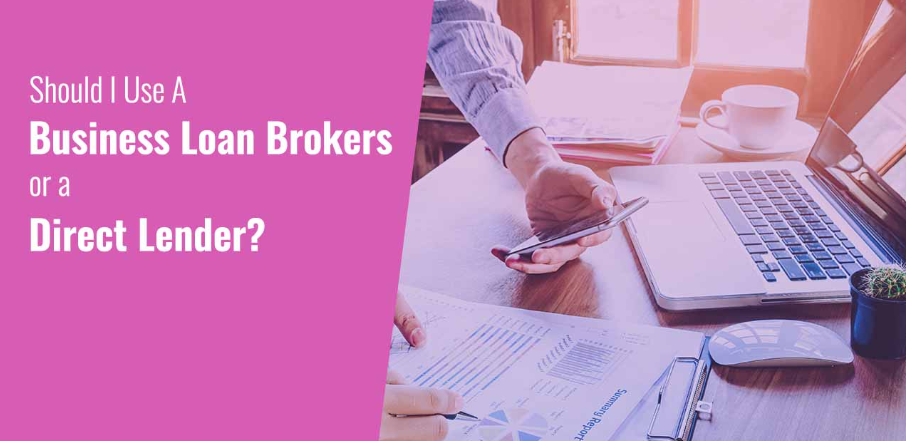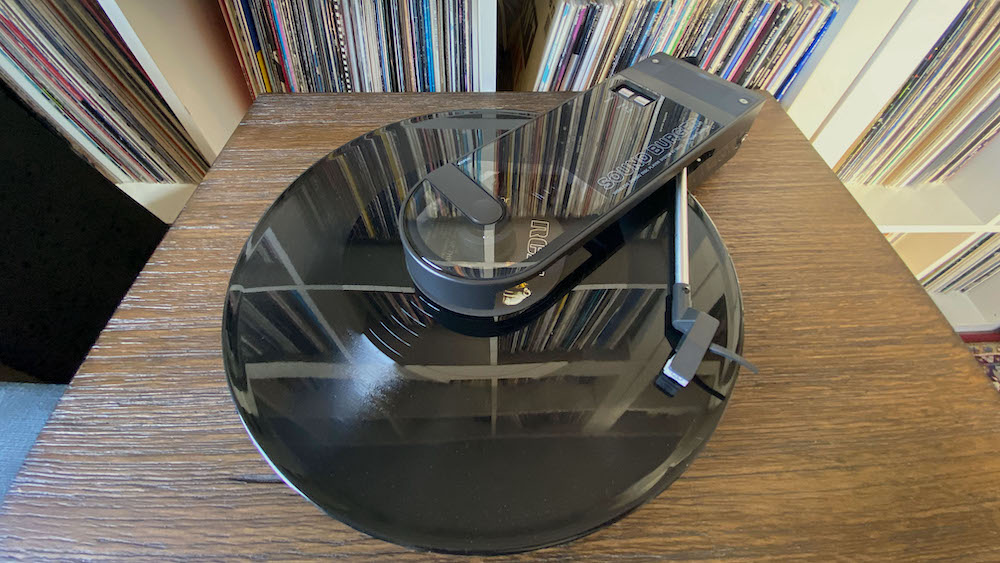The 7 Best Places to Shop for a Business Loan

People decide to start new business ventures for a wide variety of reasons. If you’re one of the millions of businesses that operate in the U.S., whatever your reason may be for starting a business, you may find it necessary to apply for a business loan. But before you begin to shop for a business loan, there are several things that you need to be aware of beforehand, such as the type of loan you need, how much you need to borrow, how long it may take you to repay the loan and a host of other things. In fact, the more you know about the kind of business loan you need the better.
You will need to be armed with enough information to provide to the lender. That way they will be able to make a more informed lending decision about your loan or some other financial business option request.
Best Lenders for Your Business Loan
If you’re interested in applying for a business loan now or in the immediate future, below is some information that will help you as you begin to shop for a business loan. It will also help you identify the best six places to shop for a business loan.
Below is a list of six places to shop for a business loan.
BlueVine
BlueVine is a lender that is the best for borrowers that have a FICO Credit Score of as little as 530. They offer a variety of different business loans that include invoice financing, business lines of credit, and term loans.
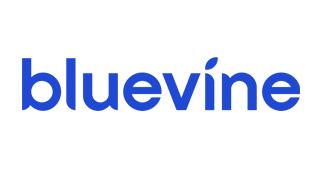
BlueVine assists businesses with invoice financing that have been in operation for a minimum of three months and have a minimum annual revenue of $100,000.
Their loan amount ranges from $5,000 to $5 million. The term of the loan is between six months to a year for business lines of credit and between three months to ten years for term loans.
A credit score of 530 is the minimum requirement for invoice financing. A credit score of 625 is the minimum requirement for either a line of credit or a term loan. Additionally, business lines of credit require that you have been in business for at least six months and make monthly revenue of $10,000.
Term loans – depending on the term you choose – require at least a 650 credit score and up to a 700. They also require that you be in business between two and five years with a minimum annual revenue of $100,000. Some loan options require a higher annual revenue.
BlueVine does not have loan origination fees and has an A+ rating with the Better Business Bureau.
TD Bank
TD Bank is the best lender for providing online loans as well as lines of credit for less than $100,000. They have roughly 13 branches throughout the US and offer SBA-backed loans.
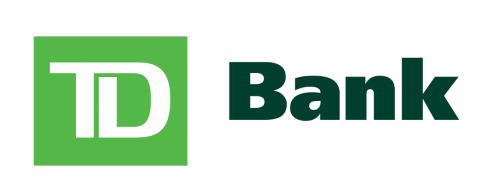
They also offer business lines of credit to small business owners as well as equipment loans, commercial mortgage loans, and expansion and renovation loans with TD Bank.
Within these loan options, you can apply for anywhere from $10,000 to $1,000,000. If you’re applying for less than $100,000, you can do so online. For larger loan amounts, you’re required to apply in person. The lines of credit are available on-demand. For the rest of the loan options, the terms can range from three years to 20 years.
Their SBA loans that are offered include the following:
- Express loans
- 7(a)
- 504
Funding Circle
Funding Circle is considered one of the best lenders for loans that have a maximum term of 10 years for some loan types.
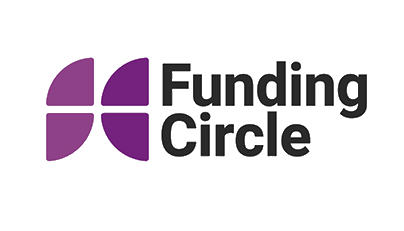
They offer fixed rate term loans for companies that have been in business for two years. They do not have an annual minimum revenue requirement, but the minimum requirement for the FICO score is 660. Additionally, the applicant cannot have any personal bankruptcies on their credit.
As far as their loan amounts, they provide loans in the range of $25,000 – $500,000 and the terms are between six months to 10 years. They charge a one-time loan origination fee on each loan that they fund. Their loan origination fee is between 3.49% to 6.99% based on your creditworthiness. The fees and terms of the loan are both determined during the underwriting process.
Funding Circle has an A+ rating with the Better Business Bureau.
Rapid Finance
Rapid Finance is known as being the best lender for providing loans in the range of $500 up to $10 Million. The term of their loans is between three and 60 months.
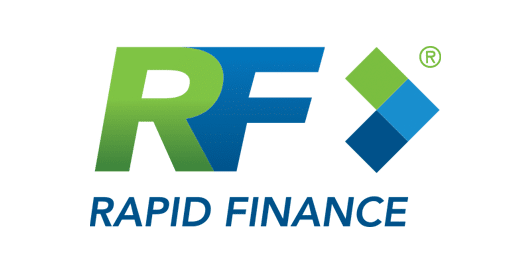
Rapid Finance is known as being the best lender for providing loans in the range of $500 up to $10 Million. The term of their loans is between three and 60 months. They have a wide variety of different loans that include invoice factoring, bridge loans, merchant cash advances, business lines of credit, as well as asset-based loans. To qualify for their loans, they require businesses to be established and operational for a minimum of three to 6 months.
Their annual revenue requirement and minimum FICO score depend on the lending partner you are applying with. And their loan origination fee has not been disclosed. However, Rapid Finance does have an A+ rating with the Better Business Bureau.
OnDeck
OnDeck is considered the best lender that does not require collateral. They have been in business since 2007 and have connected businesses with billions of dollars.
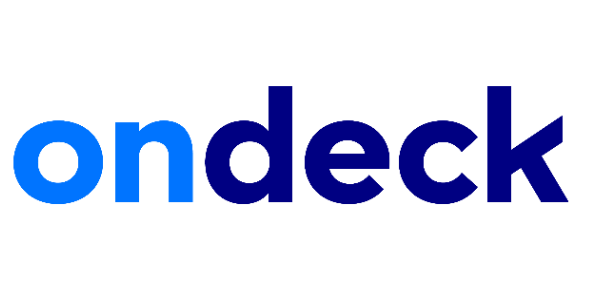
They provide business lines of credit with fixed interest rates and term loans for up to $250,000. The minimum loan amount is $5,000 and they require that you’ve been in business for at least two years to qualify for their loan.
OnDeck requires that business owners have a FICO credit score of at least 600. Typically, businesses need an annual revenue of between $100,000 and $250,000, depending on the loan type. They have not disclosed their loan origination fees. However, they do mention that the average rate for their term loans is about 54.96% and 47.14% for their lines of credit.
They have an A+ rating with the Better Business Bureau.
Accion
Accion is a great lender for start-up companies. The loans are usually between $5,000 and $100,000. However, they tend to lean more toward the lower end. It’s typical to see loans for a minimum of $300 up to $250,000.
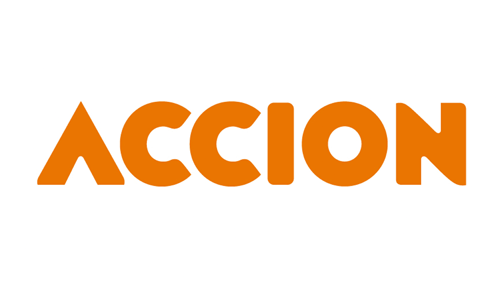
Their interest rates are as low as 5.99%. There’s no mention of a minimum annual income threshold or how long the company needs to be in business prior to being considered for funding. There is also no set credit score, as they pride themselves on helping everyone.
Types of Business Loans
As you begin to shop for a business loan, there are different types of business loans that you may not be aware of. However, it’s certainly important to learn more about them so you’ll know exactly what to look out for as you shop for a business loan.
Traditional-Term Business Loans
Traditional-term business loans consist of loans whereby a lender provides a borrower with a certain amount of money. The terms are set for repayment over a designated period of time along with applicable interest and fees.
The term of the loan is typically between the range of one to 25 years. It is offered as a short-term business loan, an intermediate-term business loan or a long-term business loan.
The interest rates could be either a fixed or a variable rate. The approval process for traditional-term business loans is typically pretty rigorous. The approval often requires collateral to qualify.
Traditional-term business loans normally have flexible terms and include a monthly repayment schedule. These loans have been known to fund long-term projects and are also offered to established small business owners who have a proven track record and good credit. These loans typically include funding for major capital improvements, construction projects working capital or business acquisition.
The term of these loans, as well as the interest rates, are based on your creditworthiness.
The duration of typical business loan terms usually falls into three different categories: short-term, intermediate-term, and long-term loans. Each of which is spelled out in more detail below.
Short-Term Business Loans
There are several types of short term business loans. But they are typically designed to help business owners get over a hurdle or a financial roadblock. It’s typically for those who are having cash flow issues and need to make large purchases – typically for inventory. They are often solution-oriented and target small business owners who do not have a credit history.
When you shop for a business loan, you’ll notice that the short-term business loans typically have higher interest rates and higher loan origination fees. And because they often assist business owners get over a financial roadblock, they are sometimes large loans. These loans must normally be paid off within a year but sometimes the payment terms extend to 18 months.
Business Loans With Balloon Payments
Some business loans have a larger payment amount required toward the end of the loan repayment schedule. These are more common with commercial loans. As the life of the loan progresses, only part of the principal is repaid while the remaining portion covers the interest, then towards the end of the loan the remaining balance, referred to as the balloon payment becomes due all at once.
These loans are usually restricted for businesses that plan to have a large influx of cash near the end of the repayment period to cover the balloon payment.
SBA Loans
An SBA loan also referred to as a United States Small Business Association loan is a government agency that works with lenders to ensure that small businesses receive the finances they need to operate. Although the SBA does not provide funding itself, it does work with lenders to be matched with qualified entrepreneurs. The SBA has also been known to guarantee a wide variety of loans that reduces the risk for funders.
There is an application process for SBA loans that is extremely rigorous. However, these loans are also offered with extremely competitive interest rates and fees. They also may have a lower down payment and most do not require collateral.
The SBA is designed to offer additional support and resources to U.S. small business owners. Business owners can expect SBA a loan ranging from extremely small to exceptionally large. The SBA has been known to provide working capital so that business owners can get through seasonal hardships or other cash flow issues. The SBA is also commonly used to purchase fixed assets or real estate.
Additionally, the SBA has flexible standards with respect to working with business owners with less than perfect credit.


